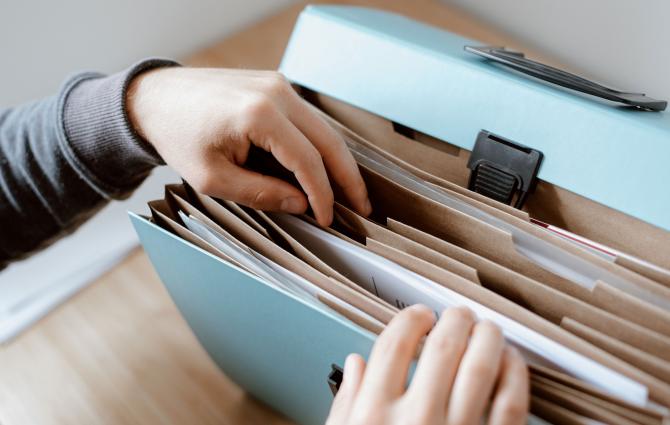Credit cards are convenient, widely accepted, and help you build a credit history. But it can be tempting to overspend. Here’s how you can develop good habits when it comes to using credit cards.
Credit cards are great. They basically give you free money, right?
NOPE!
I learned this lesson the hard way after doing an international exchange in the U.K. It was the final year of my undergraduate degree. I studied at the University of Exeter for 4 months and, after completing classes there, I was free!
I strapped on my backpack, bought a plane ticket, and hopped on trains that brought me to 13 different European countries. It was an amazing and unforgettable time.
The problem? I did it all on borrowed money.
The credit card debt I racked up on that trip came back to haunt me for the next few years. It hung over me like a shadow, growing in size by 19.99% each month I didn’t pay it off.
So if you find yourself tempted to splurge every now and then, here are 6 tips to help you avoid getting into massive debt with your credit card.
1. Only spend what you can afford to pay off in the short term
While a credit card can help you buy things that you can’t necessarily afford right now, taking this attitude to the extreme can quickly lead to an out-of-control balance.
As a general rule, only make purchases that you can afford to pay off at the end of the month. By paying off your balance in full you avoid being charged interest, and therefore a $20 pizza still costs $20, not $50 after interest.

2. Make your monthly payments on time
Sometimes it may not be possible to pay off your entire balance. In this case, make sure you make your monthly minimum payment in full and on time.
Missed payments reflect badly on your credit score. Plus, it takes a lot of time to recover from a late payment. It’s best to pay at least twice the amount of your minimum payment each month so that you’re making regular progress towards paying down your balance.
3. Stay within your credit limit
Just because your limit is $2,000 doesn’t mean that you should reach it every month. You want to leave yourself some space in the available balance in case you need to make an emergency purchase.
Some credit cards will not allow you to spend more than your credit limit, but others do—usually at a cost. Avoid these extra fees by staying within your limit.
4. Don’t use your credit card to withdraw cash
Using your credit card at the ATM to withdraw cash—also known as a cash advance—is not worth it. Not only must you pay regular ATM fees for the transaction, but banks also usually charge an increased interest rate that is even larger than your regular interest rate for credit card purchases.
You’re essentially being charged twice. So avoid cash advances at all costs.
5. One credit card is enough
With all of the different credit cards out there offering all kinds of perks—Air Miles! No annual fee! Bonus points!—it can be tempting to sign up for all of them. But, take it from me, one credit card should be enough as a student.
Keep in mind that each time you apply for a new card, it causes a drop in your credit score. Plus, having more than one card means a higher risk to spend, spend, spend—and rack up more debt.

6. Keep an eye on your credit card bill
In order to establish these habits, you need to keep a close eye on your credit card usage. Today, this is as easy as logging into your online banking account. Make a point of checking your balance every week, so that you know where you stand and aren’t surprised by anything.
Confession: I used to do this thing where I would spend and spend and wouldn’t bother to check my balance for weeks at a time. Don’t do this unless you want to risk a real shock.
Have a happy, frugal year
As we head into a new school year, there’s no better time to examine our spending habits and commit to healthier financial decisions. And, remember, if you ever need help with budgeting or building a financial plan, get in touch with your Enrolment Services Advisor. They can provide advice and resources to help you stay on top of your finances.



